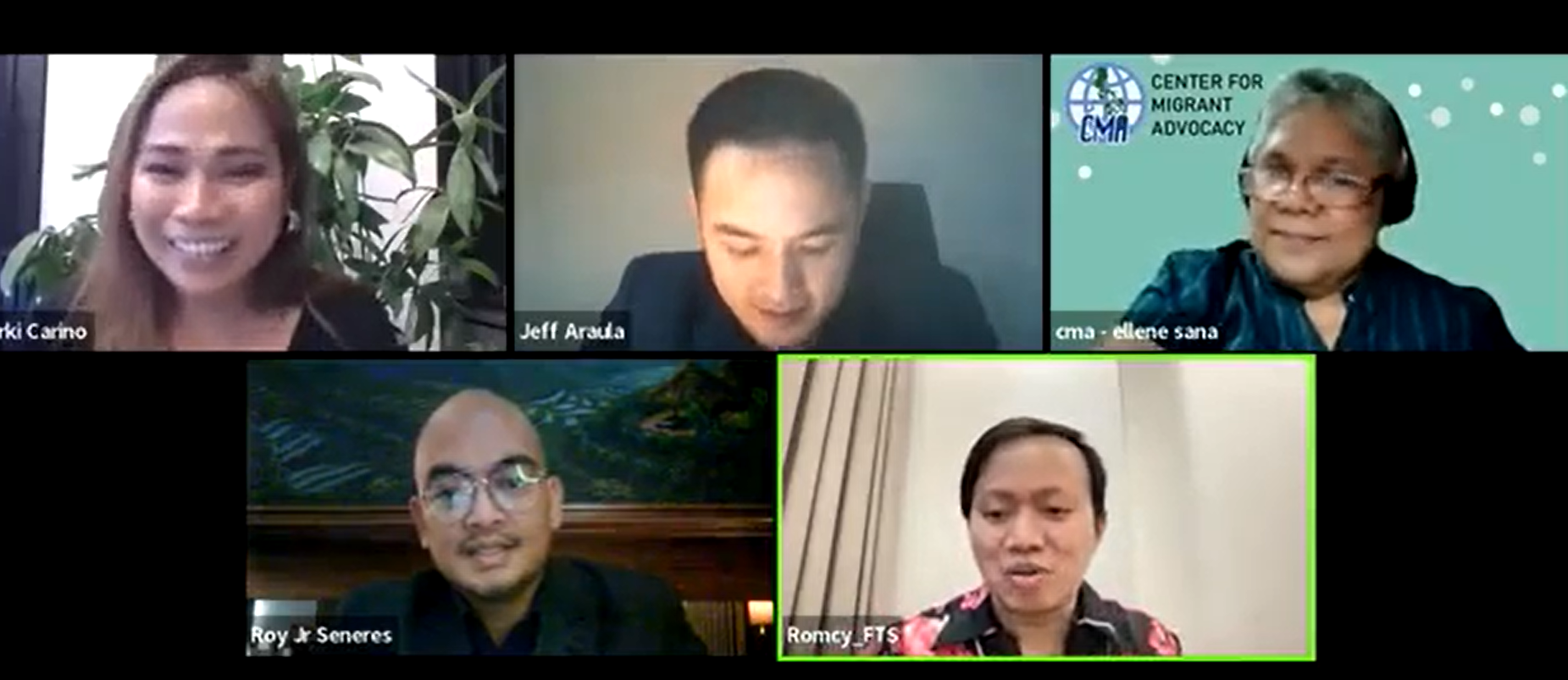The beginning of a new year always generates news stories about new laws taking effect. But this year, the list of new laws brings abolitionists something to cheer about. The California Supply Chain Transparency Act now requires all retailers and manufacturers doing business in California and grossing over $100 million globally, to disclose what they are doing to ensure that slavery does not exist in their supply chains.
The law passed the Democratic-controlled California legislature and was signed by Republican Governor Arnold Schwarzenegger in 2010. It took effect on January 1, 2012.
Free the Slaves Director of Programs Karen Stauss commended Governor Schwarzenegger at the time for signing the nation’s “most rigorous” state regulation on corporate transparency for slavery. “This law will have an impact on slavery when informed buyers demand slave-free products,” Stauss noted. “We can hold companies accountable with our wallets.” Because California is America’s largest state economy, the new reporting rules affect nearly all large manufacturers and retailers in the U.S.
It’s easy to think that slavery is a problem that only touches impoverished people overseas. But nearly every American has a direct personal connection. It would be virtually impossible to find a home, school, church or business that doesn’t contain slave-tainted goods. It could be coffee or cocoa, computers or cell phones, cars or clothing. Many goods are still manufactured in sweatshop slavery conditions, or with raw materials that are farmed or mined by slaves.
The California law is an important step in getting the slavery out. Industry experts are already advising corporations that failing to fully investigate and disclose slavery in their supply chain could bring significant consequences.
“For those companies that fail to comply with the law, expect the California Attorney General to sue,” writes corporate consultants SNR Denton in the legal website Lexology.com. “Investigative journalism on those companies who do not check their supply chains should be expected, along with descriptions of those working conditions,” the consultants note.
Free the Slaves has produced an instructive eight-minute video to assist companies on improving their corporate supply chain due diligence. This business briefing video is available via the Free the Slaves website.
Although California is leading the way on corporate disclosure of supply chain slavery, it’s just a first step. Similar reporting provisions have been under consideration at the national level in Congress.



